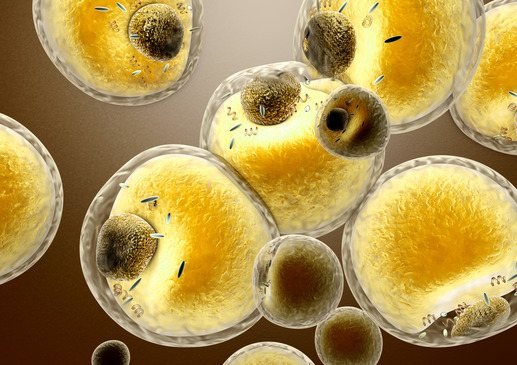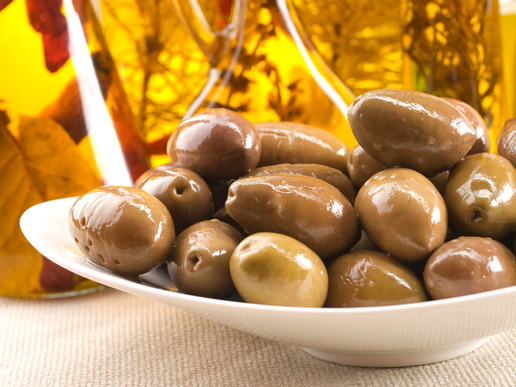What are fats?
Fats are mainly flavour carriers and contain twice as many calories than proteins and carbohydrates. So be careful with the amount of fat you take up. On the other hand: your body needs a little amount of essential fats to work properly. Fat also helps exploiting vitamins.







